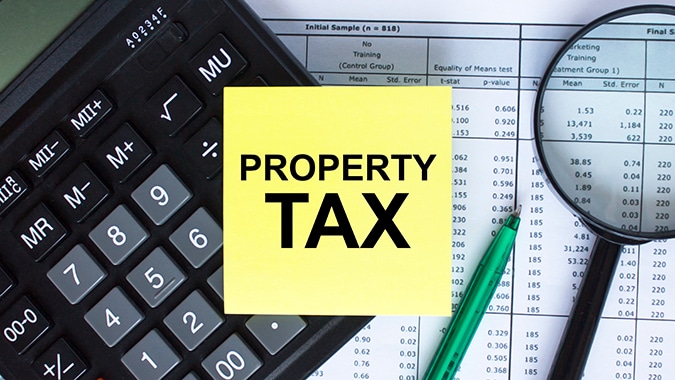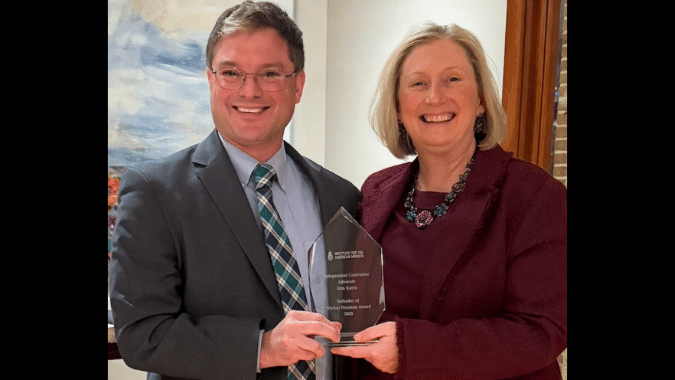During the Senate Education Committee hearing on Thursday, NJBIA urged legislators to correct the inequities in the school funding formula without making the already high property taxes that businesses and residents pay worse.
“As property taxpayers, businesses, both large and small, foot almost half of the bill for our public schools. As a key school funding stakeholder, the business community wants to ensure the current formula is as effective and efficient as possible without increasing costs on already over-taxed New Jersey taxpayers,” noted NJBIA Vice President of Government Affairs Althea D. Ford.
NJBIA supports bipartisan legislation, S-1986, sponsored by Senate Education Committee Chairman Vin Gopal (D-11), that would establish a school funding formula evaluation task force to review the issues and make recommendations, Ford said in her written testimony submitted to the committee.
“As we learned with the School Funding Reform Act of 2008 and the current funding tribulations of S-2, when attempting to right-size, apply an approved formula and approach 100% funding of equalization aid, it resulted in sizeable funding changes from year to year,” Ford said.
“While these adjustments were challenging to navigate, it provided stakeholders with important feedback that the State can use to inform future changes and modifications to arrive at a more equitable distribution of resources,” she said.
Correcting these issues will require the state to smooth-out the formula to improve its predictability and stability for schools and taxpayers from one year to the next. Ford noted A-942 (Freiman/Drulis/Stanley) would use a five-year average of equalized property valuation and make other adjustments.
“Changes can be made to smooth out jumps and drops in enrollment and income on the calculation side or by creating a corridor in the year-to-year aid changes. This would smooth the running of the formula that is as it should be run every year, and that will reduce shocks to the system that could lead to a perceived need for new taxes at the local and state level,” Ford said.
Special education adjustments are also needed to make funding more equitable and less of a burden on certain districts and taxpayers, she said.
“The formula should be reformed to eliminate the census-based special education calculations and move to better follow the individual needs of children and districts,” she said. “The state should fully fund extraordinary special education and have the state assume more of the special education burden such as through making special education categorical instead of wealth equalized.”
The intersection between the 2% property tax cap (which is not part of the formula) and the state’s formula, which may determine that a district has the means to contribute more to its local fair share, creates a funding gap that needs to be investigated and resolved, she said.
“But it is important that any adjustments do not increase the overall tax burden in an already over-taxed and unaffordable New Jersey,” Ford said.




